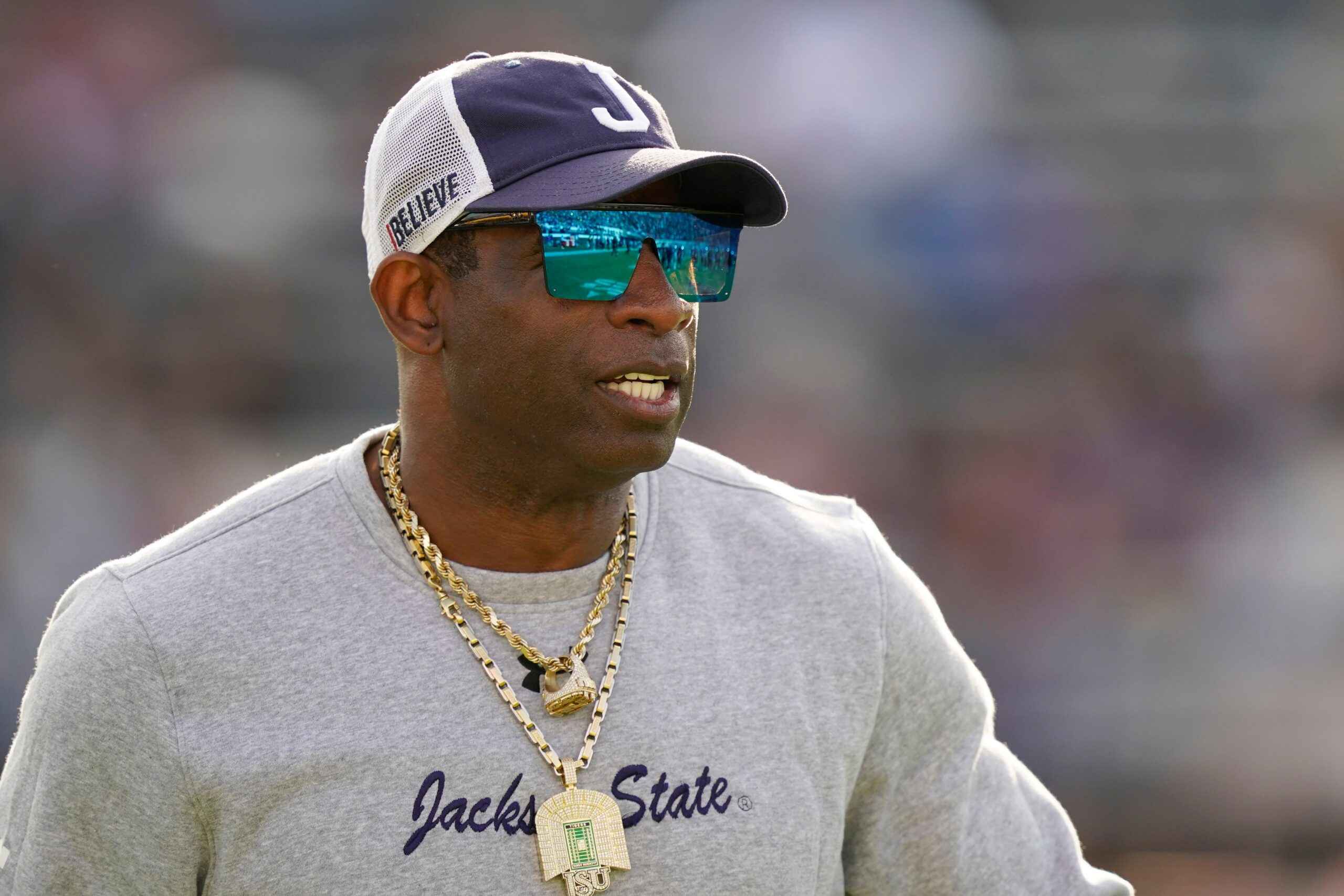Introduction
College football has seen its fair share of divisive teams, whether it’s due to their dominance, controversies, or unique style of play. In recent times, the Colorado Buffaloes have emerged as one of the most polarizing teams in the collegiate landscape, and their newfound notoriety can be attributed, in part, to the influence of Deion Sanders.
Deion Sanders, the Hall of Fame NFL cornerback and former MLB player, made waves in the college football coaching world when he took over as the head coach of the Jackson State Tigers, a historically Black university. His charismatic and unapologetic personality, coupled with his football acumen, brought unprecedented attention to HBCU (Historically Black Colleges and Universities) football.
Colorado’s Connection to the Controversy
The Colorado Buffaloes, a team traditionally associated with the Pac-12 conference, became intertwined with this controversy when they scheduled a game against Jackson State. This intersection of historically white college football powerhouses and an up-and-coming HBCU created a perfect storm of divisiveness.
On one hand, there were those who lauded Colorado for supporting HBCU football and providing a platform for these universities to showcase their talent. On the other hand, critics argued that the game was merely a publicity stunt or an attempt to cash in on Deion Sanders’ fame. The debate over the motives behind the matchup quickly escalated, and Colorado found itself at the center of a national conversation.
A Changing Landscape
Deion Sanders’ arrival on the coaching scene symbolizes a changing landscape in college football. HBCUs, often overlooked by top-tier recruits, are beginning to gain recognition for their football programs. Sanders’ coaching prowess and his ability to attract talented athletes to Jackson State have contributed to this shift.
In addition to Sanders’ impact, Colorado’s willingness to engage with this emerging narrative demonstrates a changing attitude among traditional college football powerhouses. They are recognizing the importance of promoting diversity, equity, and inclusion within the sport.
The Future of College Football
As the debate around Colorado’s game against Jackson State rages on, it highlights the broader conversations taking place in college football today. Issues of race, equity, and representation are no longer relegated to the sidelines but are increasingly shaping the sport’s future.
Deion Sanders and his influence are undeniably divisive, but they are also transformative. Whether one sees the game as a publicity stunt or a symbol of progress, it underscores the evolving landscape of college football and the need for open dialogue about the issues it raises.
Conclusion
College football’s status quo is being challenged, and Colorado’s connection to the Deion Sanders controversy exemplifies this change. The sport is undergoing a transformation that goes beyond wins and losses, and it is crucial to engage in constructive discussions about the role of race, equity, and diversity in the world of college athletics.
As college football continues to evolve, it remains to be seen whether Colorado’s decision to schedule a game with Jackson State was a mere publicity stunt or a genuine step towards progress. Regardless, the conversation it has sparked is a sign that the sport is heading towards a more inclusive and representative future, where the voices and stories of all athletes and universities are heard and celebrated.

